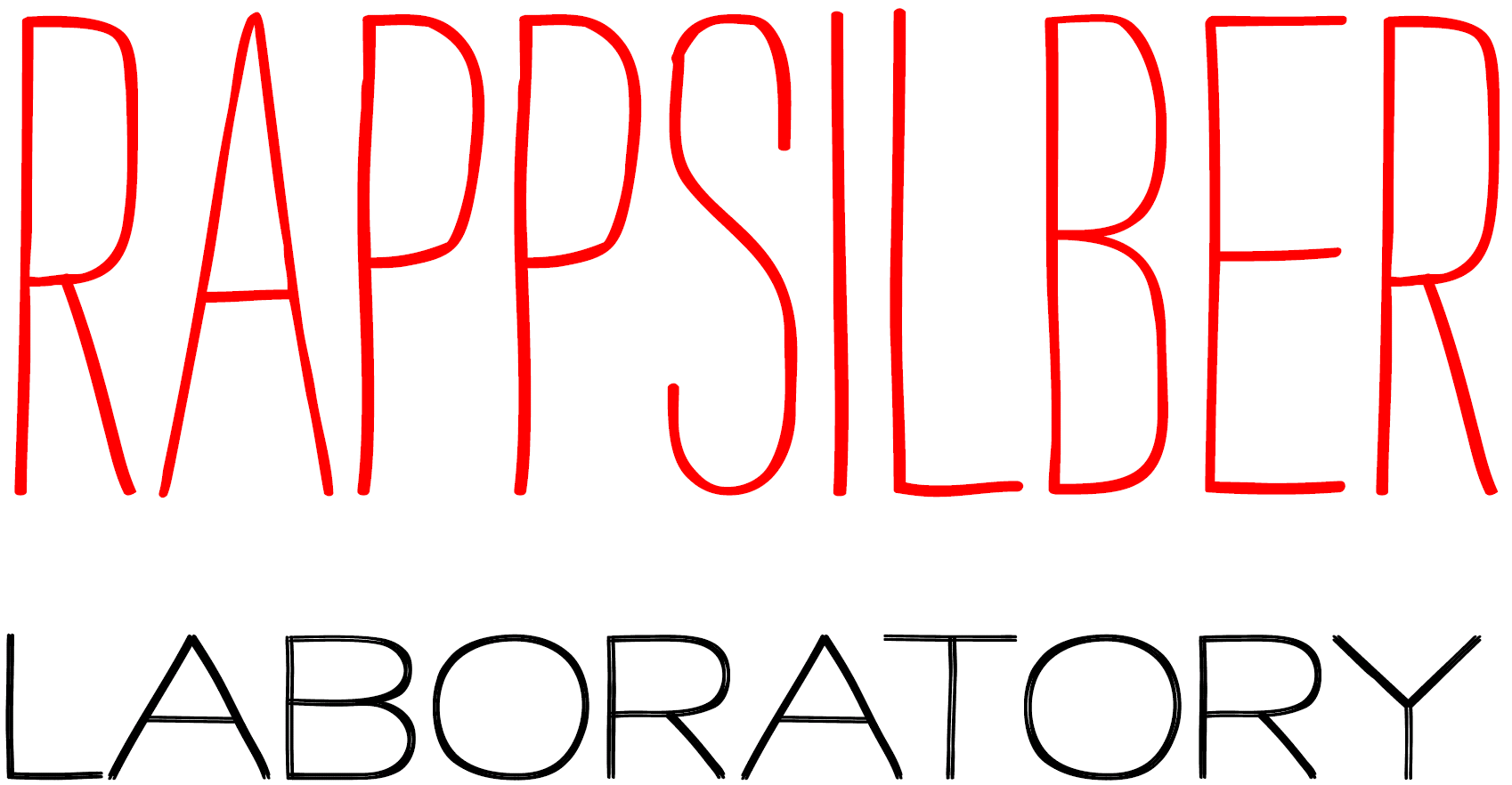https://doi.org/10.1038/s41594-019-0196-z
Structural maintenance of chromosomes (SMC)–kleisin complexes organize chromosomal DNAs in all domains of life, with key roles in chromosome segregation, DNA repair, and regulation of gene expression. They function through the entrapment and active translocation of DNA, but the underlying conformational changes are largely unclear. Using structural biology, mass spectrometry and cross-linking, we investigated the architecture of two evolutionarily distant SMC–kleisin complexes: MukBEF from Escherichia coli, and cohesin from Saccharomyces cerevisiae. We show that both contain a dynamic coiled-coil discontinuity, the elbow, near the middle of their arms that permits a folded conformation. Bending at the elbow brings into proximity the hinge dimerization domain and the head–kleisin module, situated at opposite ends of the arms. Our findings favour SMC activity models that include a large conformational change in the arms, such as a relative movement between DNA contact sites during DNA loading and translocation.


